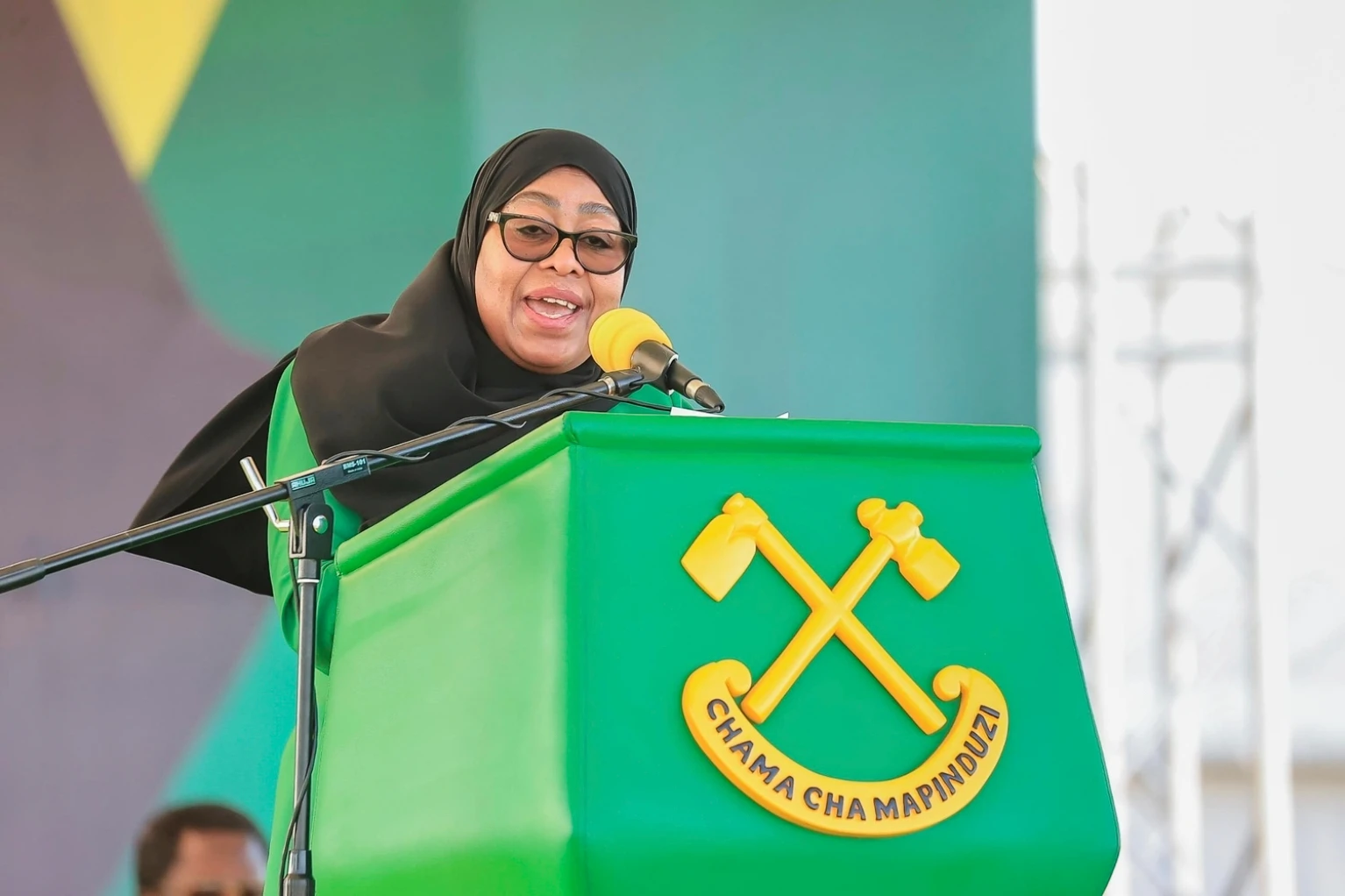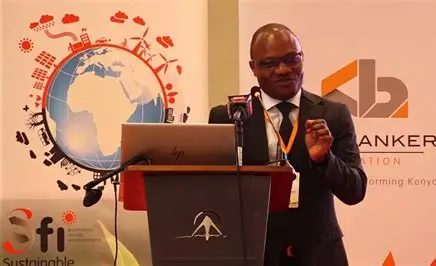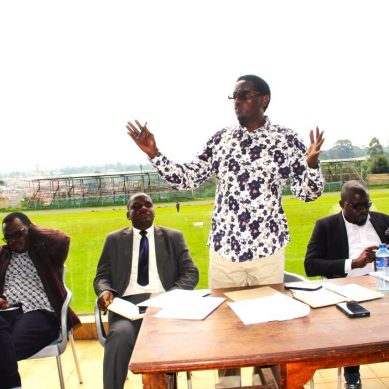
A decision by the new Trump administration to suspend or stop funding for international programmes has exposed Kenya’s vulnerability and now Public Benefits Organisations (PBOs) in the country want the government to take responsibility and address the resultant funding gaps before healthcare and food security project expenditure deficits get out of hand.
Concerns stem from the fact that many African nations, including Kenya, rely heavily on international aid, especially from the US for healthcare, education and infrastructure projects funding.
A key point raised was the impact on essential services, such as hospitals supported by USAID. Speakers noted that while the government has struggled to pay local doctors, US funding has helped sustain critical medical services.
Regional Agency for International Development Leadership CEO David Alulu said that there is a need for stakeholders to discuss ways of securing alternative funding and ensuring that vulnerable communities do not suffer due to sudden policy changes. Alulu noted that funding by the US helps Kenya sustain critical medical services and programmes and appealed to the government to find alternative ways of financing healthcare in the absence of American support.
“We are not opposing the decision to cut funding, but we are asking for time to reorganise ourselves as a country,” Alulu stated, highlighting that at least one to two years are needed for a smooth transition.
One of the progammes that will be seriously affected is the Presidential Emergency Plan for Aids Relief (Pepfar) that was set to receive $322 million (Ksh43 billion) after US Congress last year approved one-year extension of funding to Kenya for 2024-2025.
President Donald Trump’s decision to cancel or suspend billions of dollars’ worth of foreign aid — followed by ill-defined exemptions – are deepening humanitarian crises and putting an untold number of lives at risk, according to frontline aid workers and civilians who rely on American-funded programmes, the Washington Post reports.
It adds that thousands of “stop-work” orders went out to employees and contractors for the United States Agency for International Development (USAID), which has long been Washington’s main vehicle for global aid.
“USAID spent $40 billion of the $68 billion that the US allocated for foreign aid programmes last year, making it the world’s single biggest donor – providing food, health care and clean water for tens of millions of people. Over the past five years, countries in sub-Saharan Africa have accounted for more than a third of US foreign assistance spending,” the paper reported.
In the wake of “stop work” orders the Kenya-based (PBOs have called for urgent diplomatic talks between Nairobi and Washington following the decision to cut aid funding.
The PBO’s leadership after a series of consultations in Nairobi pointed out the need for clear communication between the US and Kenyan governments to mitigate the impact of the decision. However, some PBO members acknowledged that Kenya must take responsibility for its own development, viewing the move by the US as a wake-up call.
They urged the government to find home-grown solutions, including better resource management and support for local initiatives. The leaders also emphasized on the urgency of structured negotiations with both the US and Kenyan governments.
The also proposed writing formal letters to both the US government and Kenyan authorities, seeking a diplomatic resolution and urging the government to devise long-term strategies for self-reliance.
- A Tell / KNA report / By Khavakali Venesa








